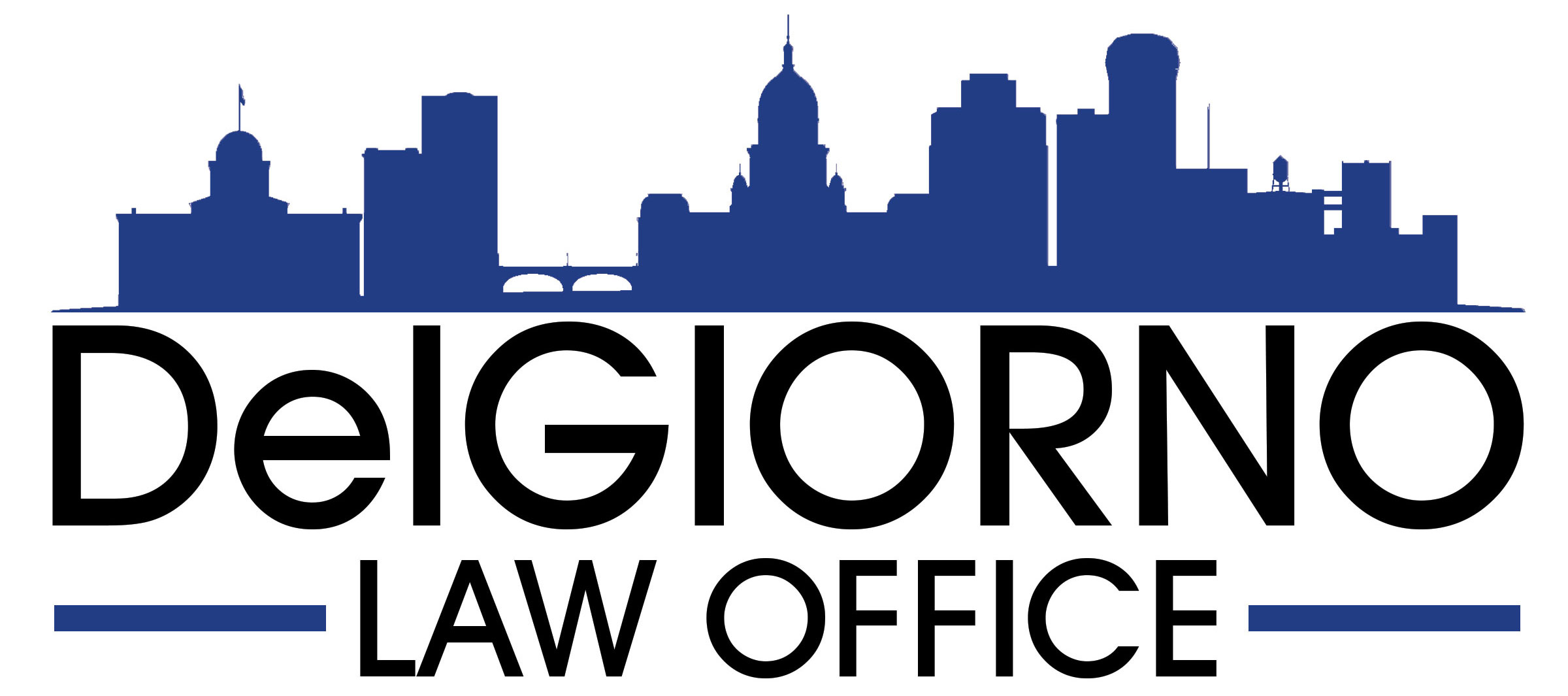Everyday, seniors are confronted with numerous and confusing advertisements and information about their health insurance options. From enrolling in Medicare, to picking the right Medicare Prescription Drug Plan (known as Medicare Part D coverage), to picking a Medicare supplemental policy, to long term care (nursing home) insurance, to options for Medicaid coverage, seniors are left wondering what to do so that they are protected when they are confronted with a health care crisis.
First, it is important to know the basic terminology of the programs listed above. The simplest health insurance is the coverage which is granted to all seniors age 65 and older – Medicare. Medicare is the federal government’s health insurance program that covers eighty percent (80%) of hospital charges. However, it is important to know that Medicare coverage comes in several forms. The forms are known as Part A, Part B, and Part D. Part A is the hospital coverage.
Medicare Part B is optional coverage that provides payment for physician visits. It is important to ensure that you are enrolled in Part B at the time you turn 65. If you fail to enroll, you are only permitted to enroll during the last several weeks of the calendar year for the following calendar year. Furthermore, late enrollment requires a larger premium. Therefore, it pays to be enrolled when you are first eligible.
Medicare Part D is the optional prescription drug benefit. It is not administered by the federal government and requires seniors to choose a policy through a private health insurance company that provides this type of policy. The fact that dozens of insurance companies are vying for your business is enough to make your head spin when making a decision as to which policy to choose.
Another form of policy that all seniors need to consider is the Medicare Supplement policy. These are also offered through private health insurance companies only. Medicare Supplement policies pay for the twenty percent (20%) co-pay that Medicare Part A and B require of seniors. This 20% can be quite costly in catastrophic situations. Coverage is typically much cheaper than a regular health insurance policy, but when one is on a fixed income, other options for health insurance protection may need to be explored.
For low income seniors with limited assets and income, Medicaid is an option. Medicaid is a joint federal-state program that is administered by the Illinois Department of Healthcare and Family Services. Medicaid offers a number of options for these individuals. One option is that Medicaid will pay Medicare premiums for seniors who qualify. Another option is for Medicaid to provide the “Medicare Supplement” coverage. As the State of Illinois has the ability to place liens on property owned by the senior, it is important to fully discuss this option with an attorney who practices in elder law and Medicaid planning before enrolling.
Finally, there is the issue of long term (nursing home) care. It is important to understand that Medicare pays for nursing home care for a short and limited period of time for a person who qualifies for Medicare coverage for the nursing home. Furthermore, regular health insurance does not cover nursing home costs. Therefore, a person admitted to the nursing home must pay for the care in one of three ways: private pay with their own assets, by qualifying for Medicaid, or through a long term care insurance policy.
Long Term Care Insurance will pay for nursing home care on a limited basis. It is important to understand the policy limits in terms of how much it will pay and for the number of months it will pay. This coverage can be cost prohibitive the older one gets and you may not be eligible if you have been diagnosed with certain illnesses.
Where does one go for answers to this sea of insurance questions?
The State of Illinois Department of Financial and Professional Responsibility (Division of Insurance) has an excellent and little known program called the “Senior Health Insurance Program” or “SHIP”. The Division of Insurance has trained dozens of volunteers who work across the state counseling seniors about these various health insurance programs and options. Best of all – THIS SERVICE IS FREE!
This year will be the second year that I have had the pleasure to speak to SHIP volunteers at their annual training program about the legal aspects involved in counseling seniors about these various options. SHIP volunteers and program directors are a group of truly dedicated individuals who have the best interests of seniors at heart. They are well informed and strive to help their clients get the best information available. Although, it is important to remember that SHIP counseling is not a substitute for legal advice, SHIP volunteers can direct you to legal resources and referrals to local attorneys versed in these areas of law.
The SHIP program’s website is http://www.idfpr.com/DOI/Ship/ship_help.asp. For those without access to the internet, you can call their toll-free number, 1-800-548-9034, for further information about obtaining counseling advice.
Anthony J. DelGiorno is an attorney with Rammelkamp Bradney Law Offices in Springfield practicing in elder law, estate planning, business, real estate, tax, and litigation. He can be reached at 217-522-6000.

Recent Comments